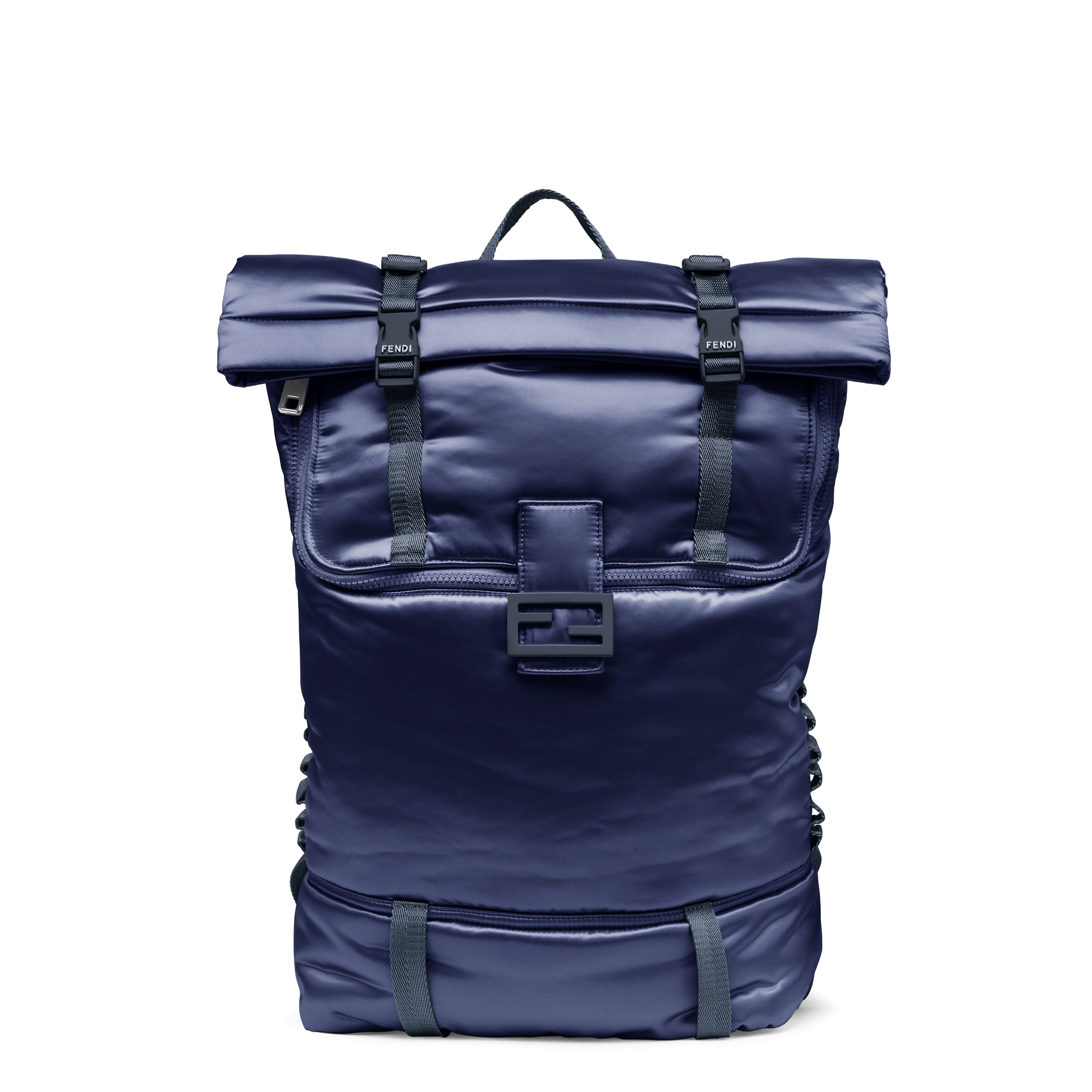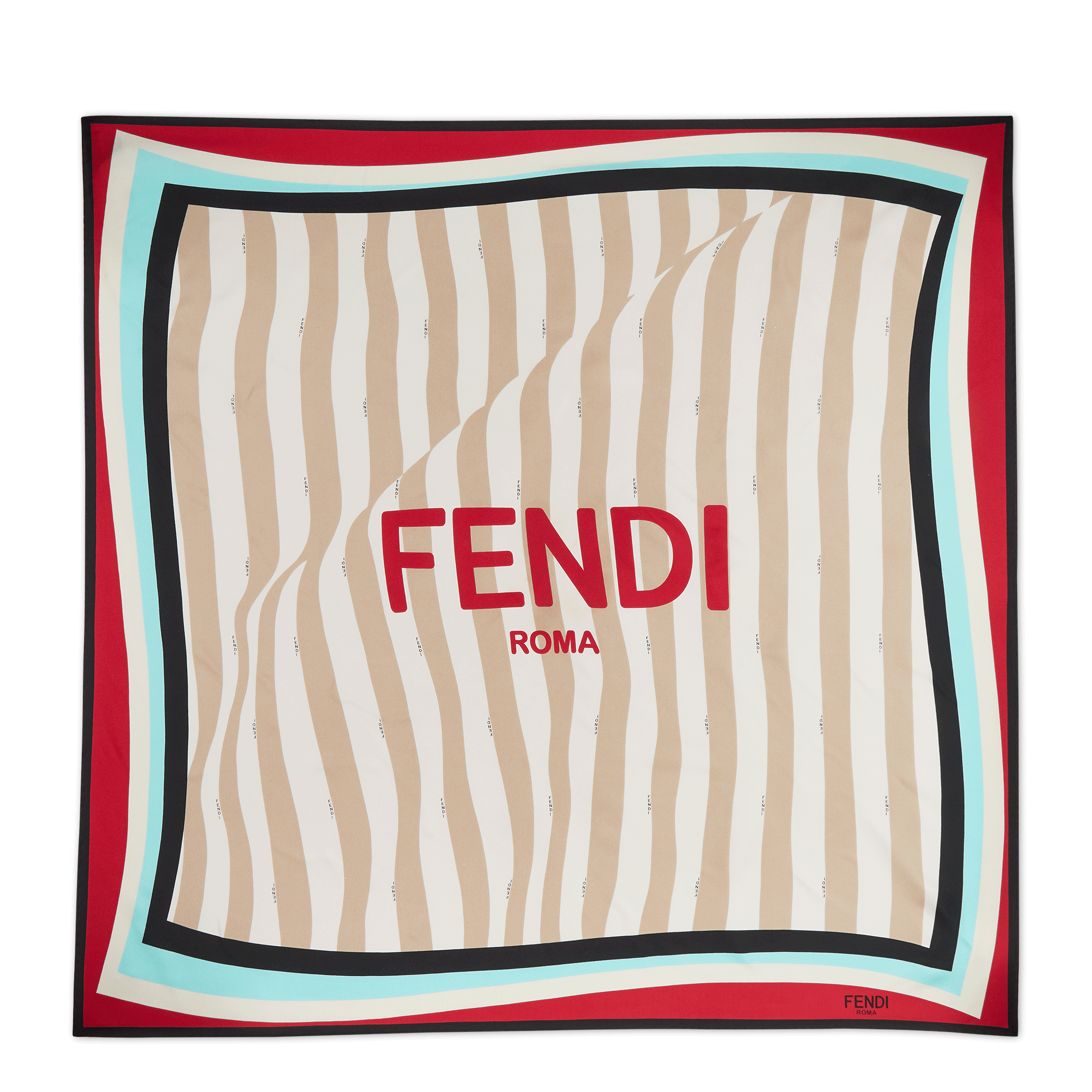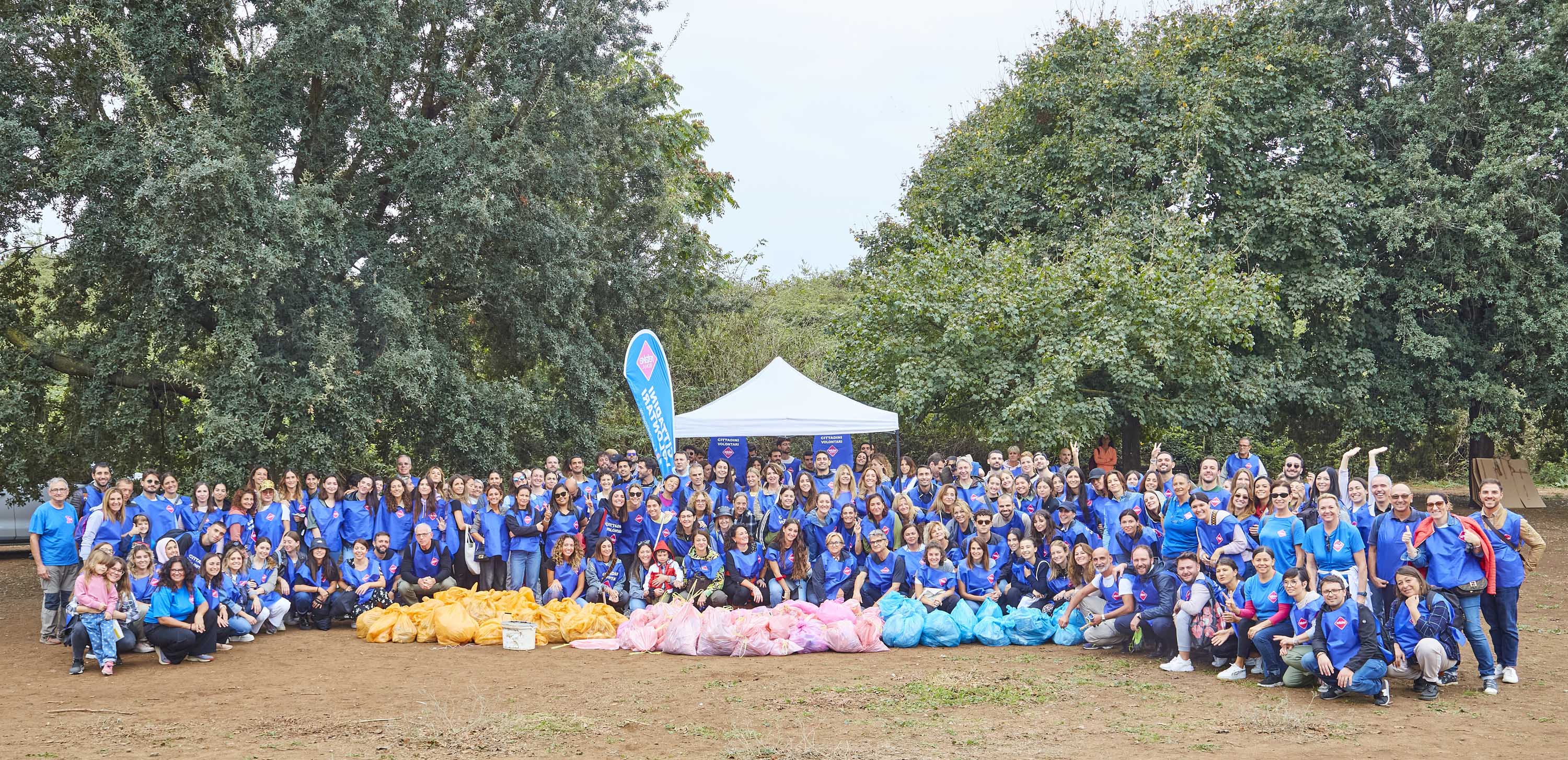An experimentative Maison since its dawn, FENDI has been continuously researching and exploring innovative fibres to craft exquisite, beautiful textile pieces with a reduced impact on our planet
Fendi’s commitment to ethical material sourcing
FENDI’s respect for such materials is the driving force behind its commitment to exclusively work with raw materials sourced ethically and manufactured with consideration for both people and the environment.
In 2024, 73% of FENDI textile materials were certified under the main existing standards for social and environmental requirements.


